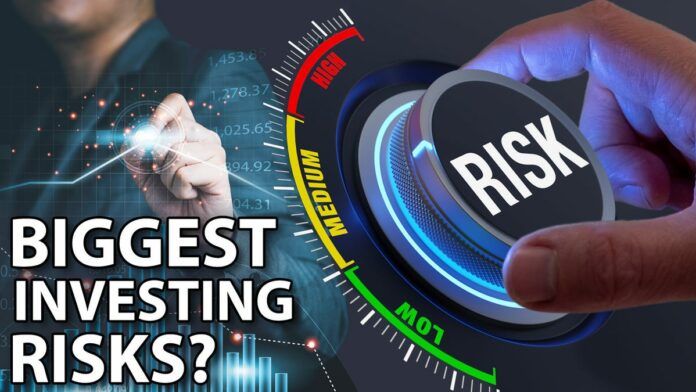Doug Cohen, managing director at Fiduciary Trust International, spoke with Quartz for the latest installment of our “Smart Investing” video series.
Watch the interview above and check out the transcript below. The transcript of this conversation has been lightly edited for length and clarity.
ANDY MILLS (AM): Your view is that the good news is likely embedded into the market. Can you elaborate on that?
Doug Cohen (DC): Sure. Timing markets is really hard, right? And that you’ve always got this tension and investing between momentum and reversion to the mean. And in the short term, almost by definition, momentum tends to win out. And we’ve been in a really nice period here. But if you look at just simple price to earnings ratios, the market’s trading now at about 20, 21 times one year forward earnings, historical average, over any relevant time period, call it 25 years, it’s closer to 16 times. You have to adjust for interest rates and lots of different things. But, but on balance, stocks are pretty expensive. And all that means is that if anything really does go wrong, we’re vulnerable. Right? It doesn’t mean the current trends can’t continue for a while longer. And to be fair, I think there are some, you know, we went through about a two year period where earnings were essentially flat. Were coming outta that period. That’s certainly encouraging. So earnings may help keep the market up around these levels. Maybe it takes it a little bit higher, but I think from here, to go meaningfully higher and stay there is, is a lot to ask because valuation multiples are already pretty expensive. And, and it’s just, it’s difficult for the market to sustain those levels without just a, a perfect economic landing and everything going just right. And things unfortunately don’t always go just right.
AM: Yeah, I’ve talked to some strategists and analysts and everybody’s talking about like, ‘well, earnings multiples are naturally 21, 22 now. It’s the new normal.’
DC: You’re talking to the wrong people.
AM: Yeah.
DC: Yeah. Look, I mean, yeah, maybe there’s a new normal. That’s always possible. I would say kind of what I said just now, I think there’s momentum in the short term, longer term, a lot of things, not everything mean reverts in financial markets, but market multiples and things like that do tend to, and I would feel much more comfortable with stocks around 15, 16 times or even cheaper than I would at 20 or 21 times.
AM: So what are some of the biggest risks moving forward?
DC: Well, how much time do you have? So again, one of the things, as a strategist, as anyone who observes markets, it’s always easier to talk about things that can go wrong. I’m not gonna, I’m not gonna try and get too pessimistic here.
AM: I love talking about things that could go wrong. It’s my favorite thing.
DC: Alright. I’ll give you three things. Number one, and most simply, just from an economic perspective as we were just talking about: Soft landing is hard. Historically, that’s been difficult to do. Now, the Fed just underwent the most aggressive tightening campaign in 40 years. And so far, knock on wood, nothing terrible has happened. We had the little Silicon Valley Bank implosion a year ago. I say little – didn’t seem little at the time – but we seem to have moved past that. But, so far, so good on that front. But again, no guarantees. I think the broader, there’s two other things beyond that that are broader and are absolutely legitimate concerns, one of which is incredibly difficult to pontificate on. And that’s just geopolitical risk, which in aggregate the market has generally ignored for years and years. And I guess you could argue that’s been right, the world keeps spinning, but what’s going on in Europe and Ukraine obviously and what’s going on in the Middle East is concerning. And I don’t think anyone can predict exactly how that might manifest itself. Whether it could be something relatively, I’ll call it plain vanilla, like oil prices rising due to mid east tension. I mean, that’s not good, but it’s not necessarily shocking either. But there are certainly scenarios where things could happen that could really affect global markets and global economies. The other thing is simply our debt and, using the US as an example, we are on an unsustainable path. And there are people like me who’ve said that with the same degree of conviction. And it’s like nothing terrible’s really happened. I don’t know when it’s gonna happen. If it’s a year from now, I don’t think so, three years, probably closer to five or 10 years. But there is gonna come a tipping point where we just can’t fund the things that we need to do. And from a financial market perspective, the market won’t be willing to lend the US money at such low rates. And I think we got a taste in 2022 of what higher rates can do. Really bad for bonds can be really bad for stocks, too. There are solutions to those things. Unfortunately, I think it’s gonna probably take a bonafide crisis to get us to implement those solutions.


